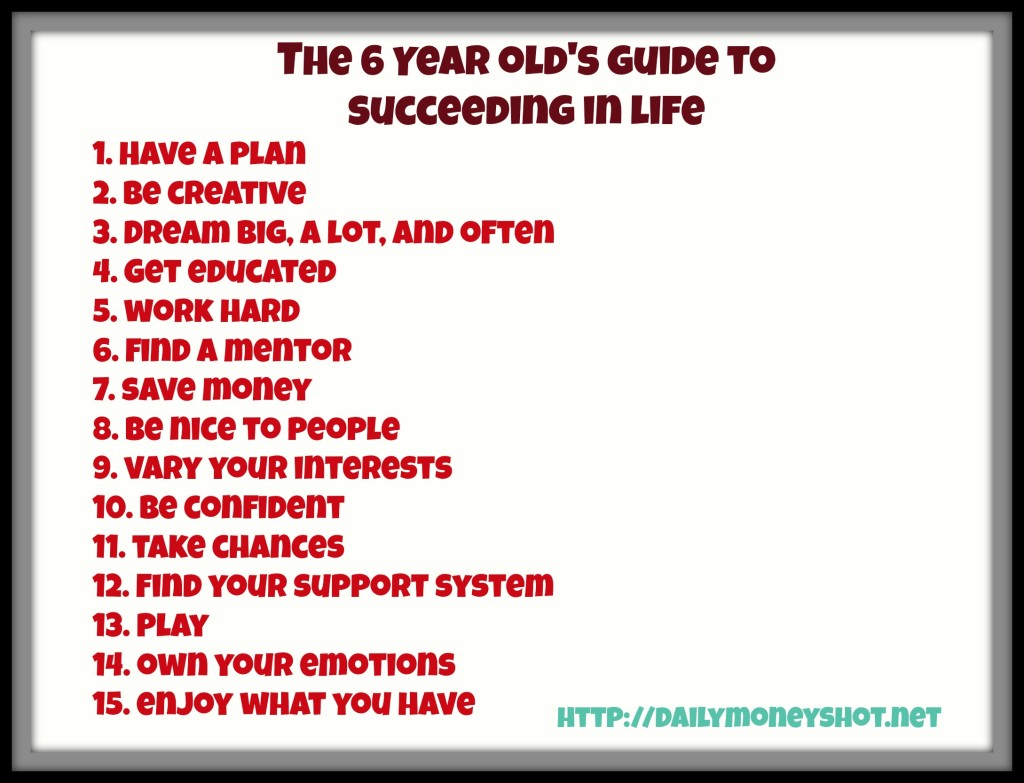A few days ago, I was talking to a friend of mine. She mentioned that she had seen an advertisement or something on Facebook for a product that can help you lose a whole lot of weight ridiculously quick. She seemed intrigued. I wasn't interested. The product seemed like a) a scam and b) nothing but a quick fix. And I am not a fan of the quick fix. I prefer to do things the hard way, working towards a goal through effort and committment, relishing in both victories and setbacks. Also because maybe I hate myself a little.
Because when it all comes down to it, a quick fix doesn't change behavior. And if you don't change the behavior, you'll be right back in the same situation after the fix is gone. And that is not something that appeals to me.
Let's look at this situation as an example: a single 30 year old woman with no dependents–just a dog–finds herself in over $10K of credit card debt because maybe she has a crazy shopping addiction that's so bad she can't even remember buying half of what she has. Stressed about money, she tells her mom that she's deep in debt (with this as her only debt) and the mother, rather than sympathizing or pointing her adult child in the direction of resources to get herself back on track pays. Off. The. Entire. Amount.
What do you think happened next? Yup. The woman wound up back in credit card debt. Because she didn't have to change any habits or learn new behaviors that would prevent it from happening again. The problem just went away with a quick fix. There was no opportunity for her to learn…well, anything. And given her personal situation, it would have been the perfect time for her to learn to budget. Or not shop as a sport. Or pay attention to the price of things. Or how to cook and bring lunch from home instead of ordering in from expensive NYC take-out places. Or adjust any number of the dozens of bad financial habits that put her in credit card debt. Twice.
The hardest part about watching this unfold is that she tuned out most practical advice. Until she met her now-husband and they went through some horrible financial situations together. That shocked her into reality and she realized no rapid solution could turn it around. Just good old fashioned dedication and work. And although she still shops for sport, she's way more conscious of what, when, and how much she spends (because her husband took away her credit cards so she's learning to pay with cash. Major behavioral change there). Also she downsized many of her things. Which is another huge step and major behavioral victory.
As a result, she's out of debt again which is awesome and I am so proud of her. I'm confident it won't happen a third time because working through her debt repayment the second time took actual dedication and effort. She made necessary habitual changes. She remembers how much it sucked to pay it off. She learned the necessary lessons that the quick fix couldn't teach her.
This story is just one in a sea of stories explaining why a quick fix almost never works. Not only do they leave you looking for the next one and send you into a very dark cycle, but in order to affect change in the long run, you have to put in effort. Make changes. Learn new habits and ways of thinking. Adjust behaviors. Realize that the work is worth it because while the quick fix solves the problem temporarily, it doesn't make it go away.
And I don't know about you, but I'd like my problems to go away permanently. Not just for a weekend.



